Avatar: The Last Airbender Fans’ Netflix Fears Come True

Hubris is a nasty thing. Following the massive success of the One Piece live-action series, Netflix decided to adapt yet another fan-favorite animated show. The long-awaited Avatar: The Last Airbender live-action adaptation dropped on Netflix, and the reception is… well, it’s complicated.
Though the ratings have recuperated after what seemed like a poor start, some of the fandom’s fears associated with the live-action adaptation did come true—particularly the part in which Netflix seemingly sacrificed story quality in favor of VFX.
Just As Bad As The Movie?
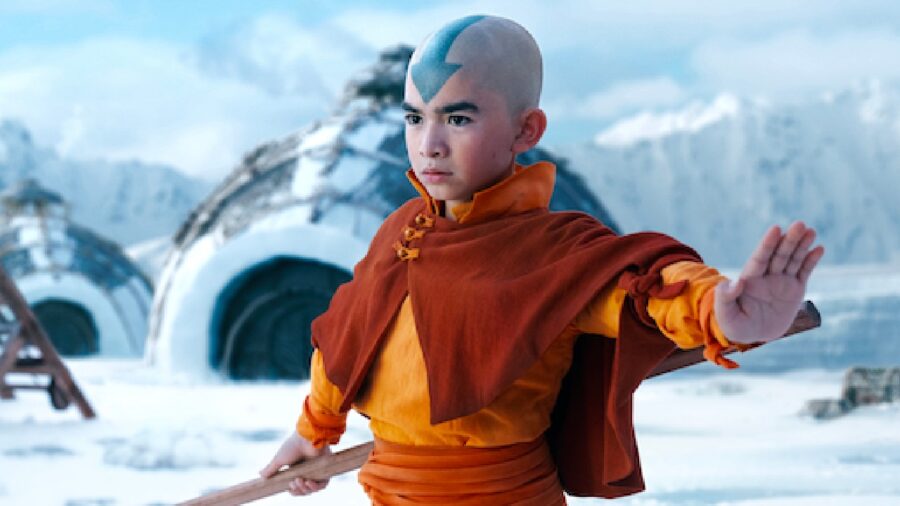
Netflix already has a really poor track record of live-action adaptations, regardless of whether we’re discussing movies or serialized releases. Cowboy Bebop was a flop, and so were the Iron Fist and Death Note. But none were so disappointing to the fandom as the original Avatar: The Last Airbender adaptation from 2010, which received criticism for its execution, casting controversies, and deviations from the source material. Sadly, in an attempt to avoid the same pitfalls, the recently release series fell into the pits of its own making.
Doesn’t Hold Up To The Original
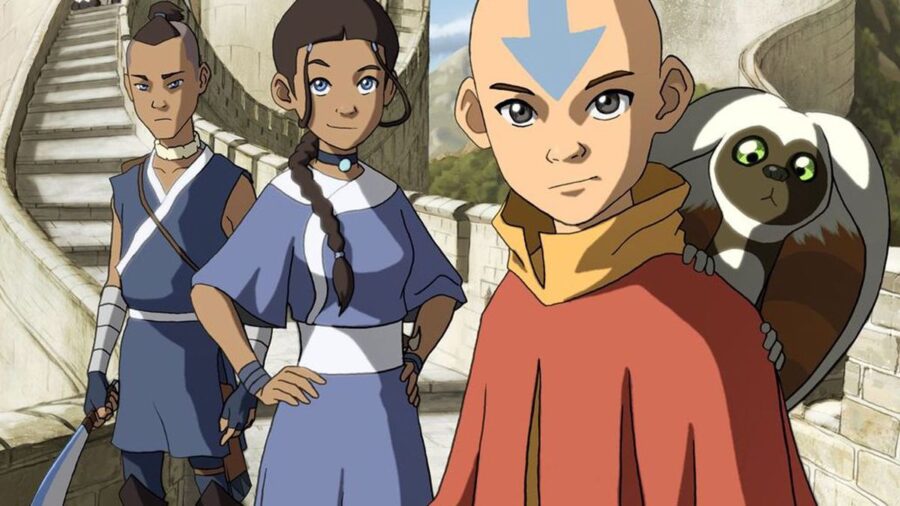
Namely, the main criticism towards Avatar: The Last Airbender live-action series is that it’s trying so hard to exceed its animated predecessor and avoid the mistakes of previous adaptations, but it ultimately falls short in doing either of those two things. The original Avatar: The Last Airbender animated series was, and remains, a work of art in so many ways. It was lauded for its mature themes and innovative storytelling that blended character development with complex issues like genocide while maintaining the child-like lightheartedness sprinkled with heavy doses of humor.
VFX And Action Overload
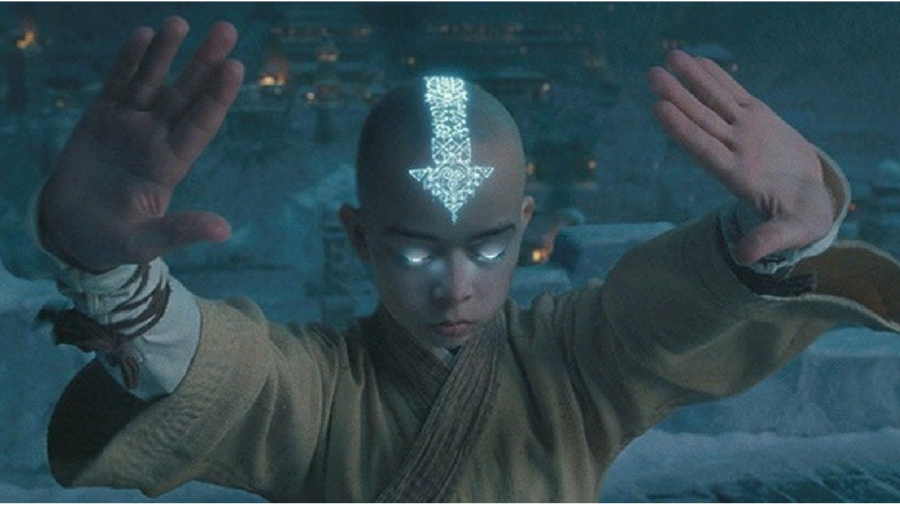
Netflix’s new version of Avatar: The Last Airbender fails to capture the essence of the original in so many ways. The main point of contention is that it’s trying to present a grittier and more realistic take on the Avatar universe by showcasing impressive action sequences backed by even more impressive visual effects.
However, this is done at the expense of the delicate balance of lightheartedness and depth the original was known for—there truly aren’t that many releases that can make you both happy and sad at the same time as the original Avatar did.
Lacking In Character Development
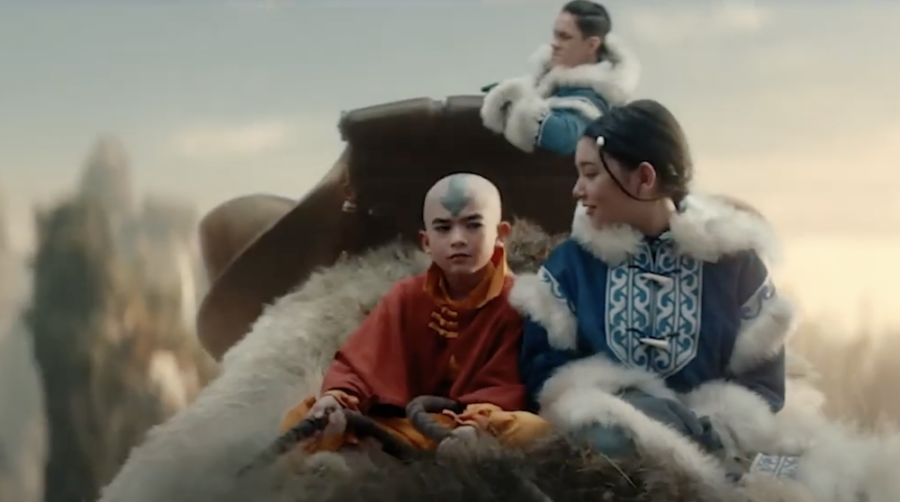
The lack of depth is perhaps best seen in the relationship dynamics between Aang, Sokka, and Katara, which feel very rushed and underdeveloped. This is particularly true because the main narrative of the original Avatar: The Last Airbender animated show was interwoven with rich subplots and character arcs, which made the series so memorable. Sadly, these are now lacking depth at best and are completely omitted at worst.
The Bright Side
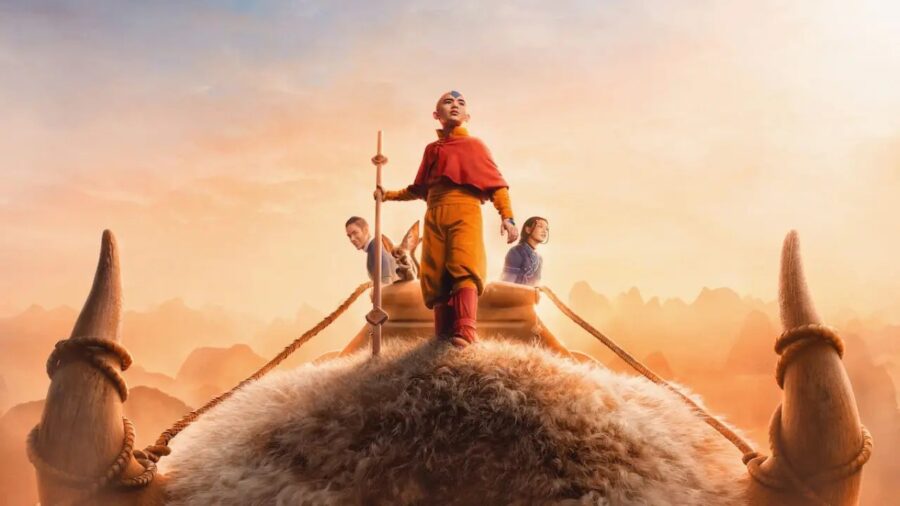
But it’s not all fast-paced action and visual effects; though they’re few and far apart, the live-action Avatar: The Last Airbender also has its positive points. Namely, the recently dropped live-action series makes a commendable effort to address themes like sexism and the consequences of war. However, the overall impression is still a bit tasteless due to the lack of the aforementioned elements that contributed to the original’s greatness.
Ultimately, Netflix’s new Avatar: The Last Airbender suffers the same problems other Netflix adaptations suffer from—pacing issues, uneven performances, and the ambition to outperform its source materials. Netflix still hasn’t learned that giants aren’t easily toppled, and the live-action series Avatar: The Last Airbender’s ratings reflect that.












